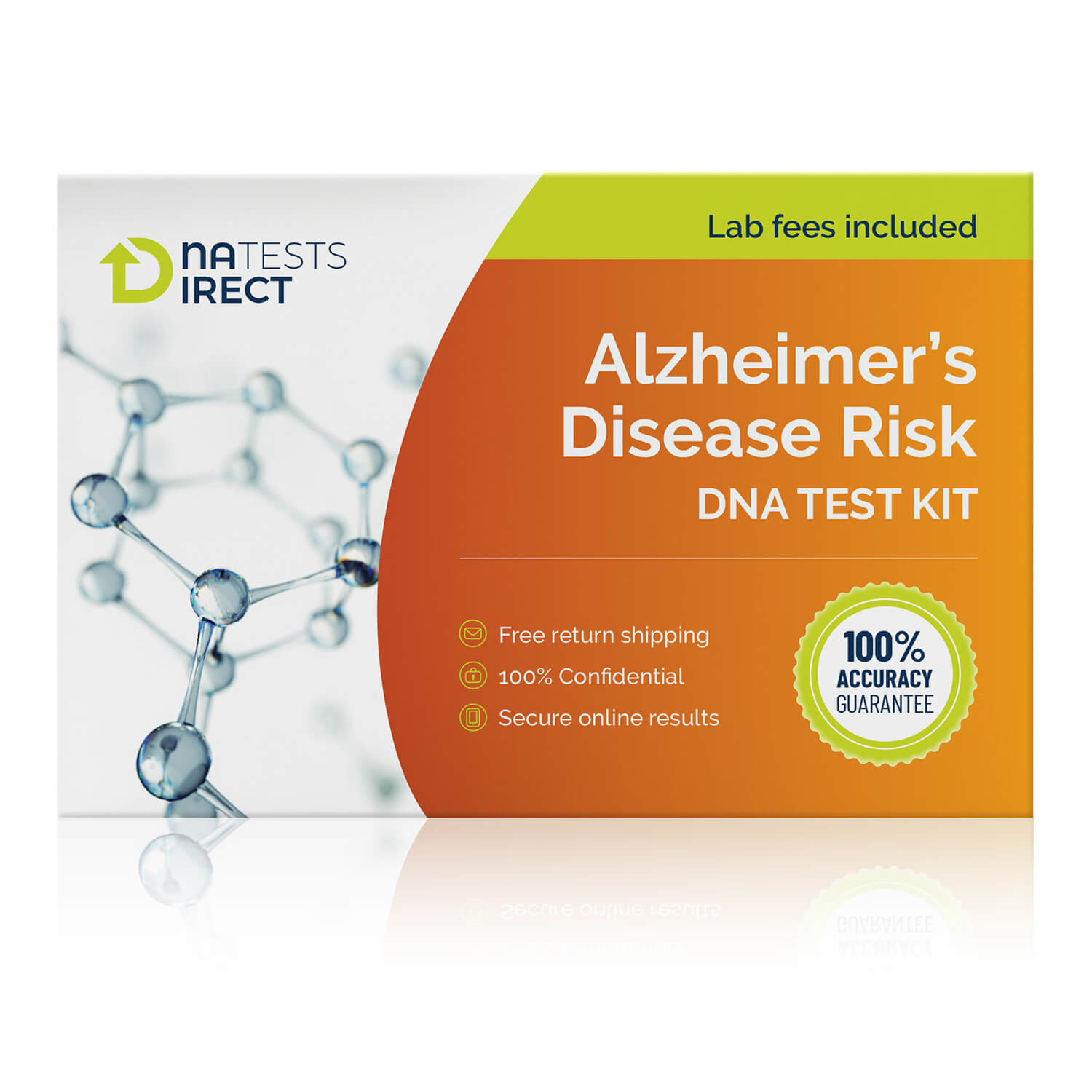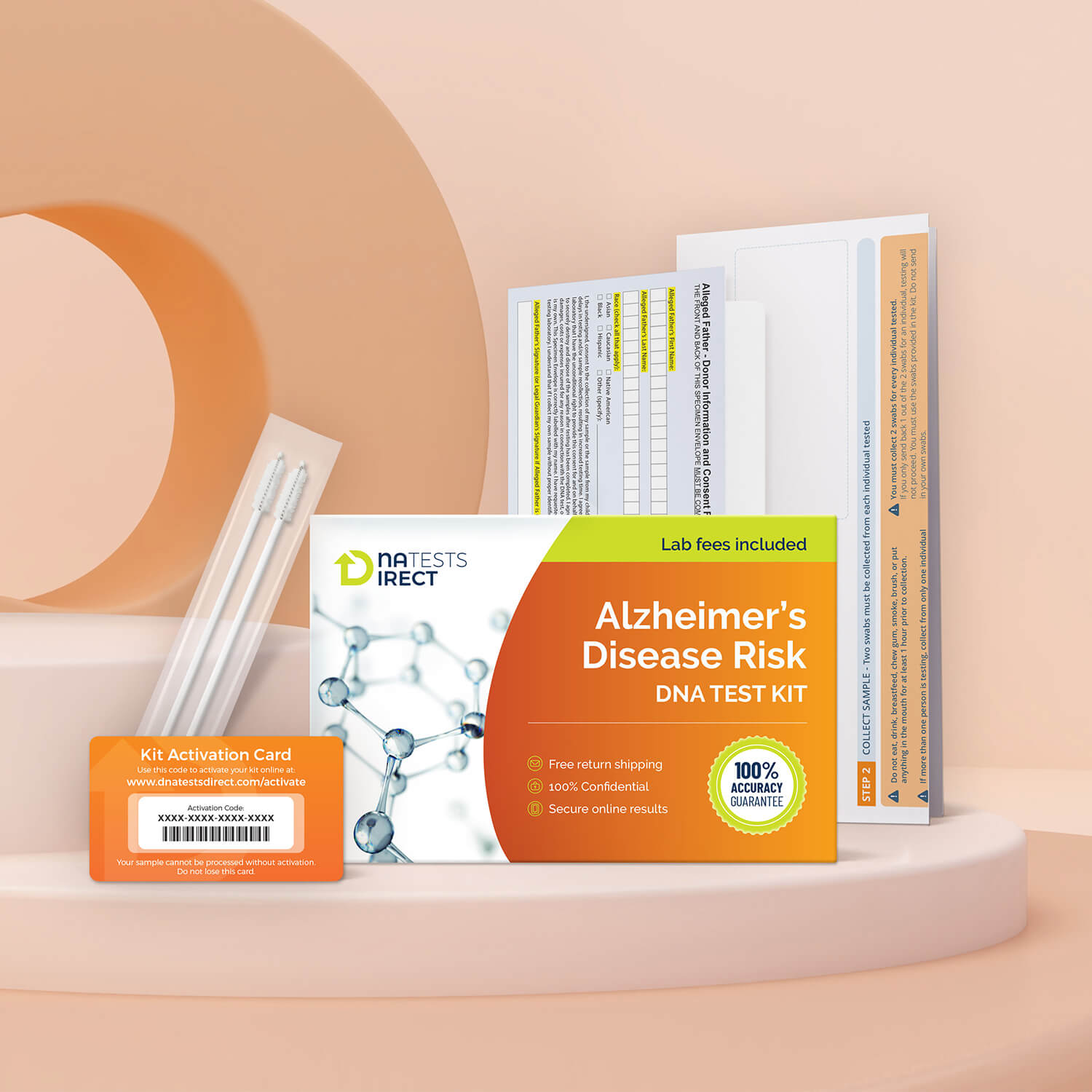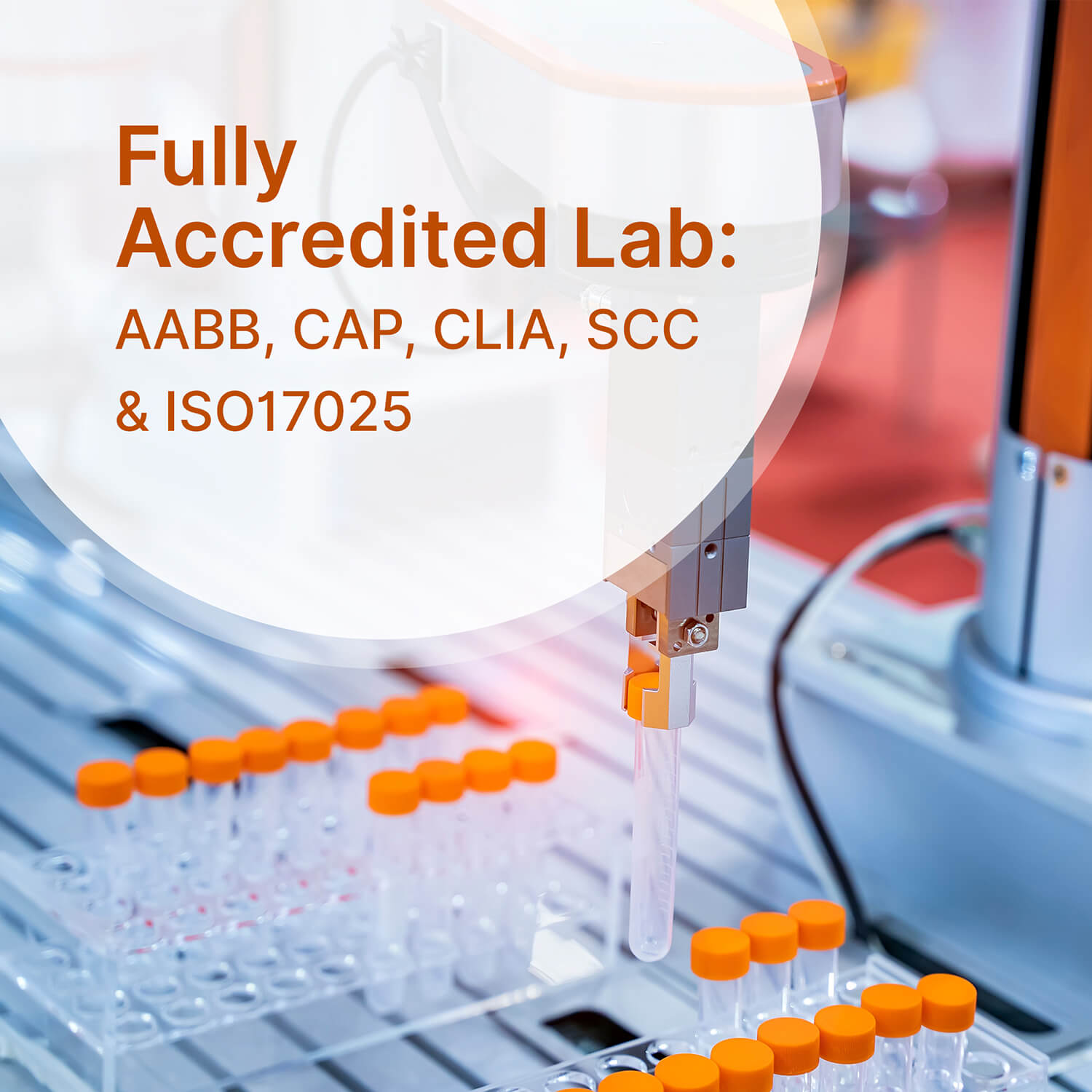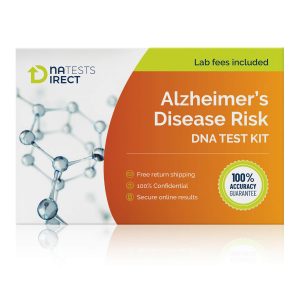 DNA Alzheimer’s Disease Test
DNA Alzheimer’s Disease TestDNA Alzheimer’s Disease Test
$195
Discover Your Alzheimer's Risk
The DNA Alzheimer’s Disease Test is a simple, at-home DNA test that helps you understand your genetic risk of developing late-onset Alzheimer’s disease.
- Identifies the APOE4 Variant: Detects whether you carry APOE e4, a strong risk factor for late-onset Alzheimer's disease.
- Simple and Private: Collect your samples from the comfort of your home, no blood or needles required.
- Online Results: Receive confidential results through a secure online portal, ensuring your privacy and peace of mind at every step.
- Painless Sampling: Collect your DNA samples with easy-to-use mouth swabs – no blood or needles required.
How It Works

Order
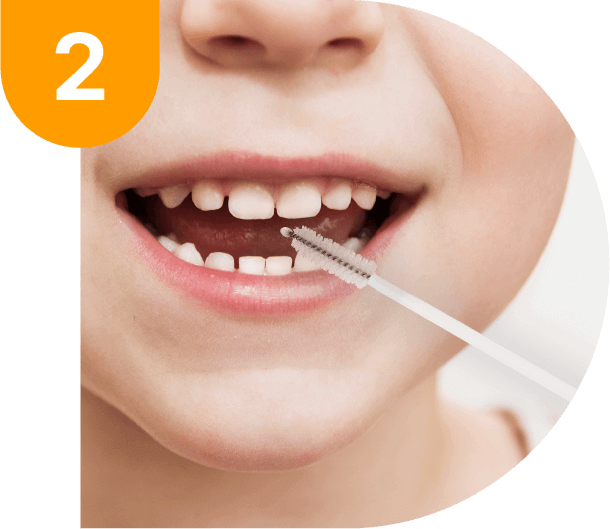
Send
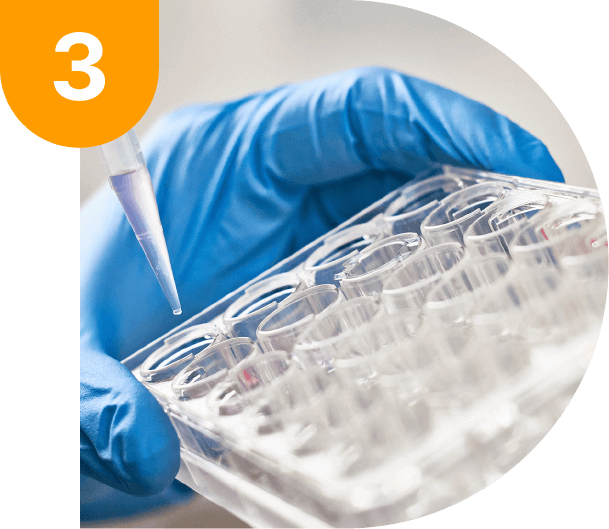
Receive your results

Results
What is Alzheimer's Disease?
Alzheimer’s disease is a progressive brain disorder that gradually destroys memory and other important mental functions. As the most common form of dementia, Alzheimer’s disease accounted for 60–70% of approximately 55 million dementia cases. In most cases, symptoms appear after age 65, a condition known as late-onset Alzheimer’s disease.
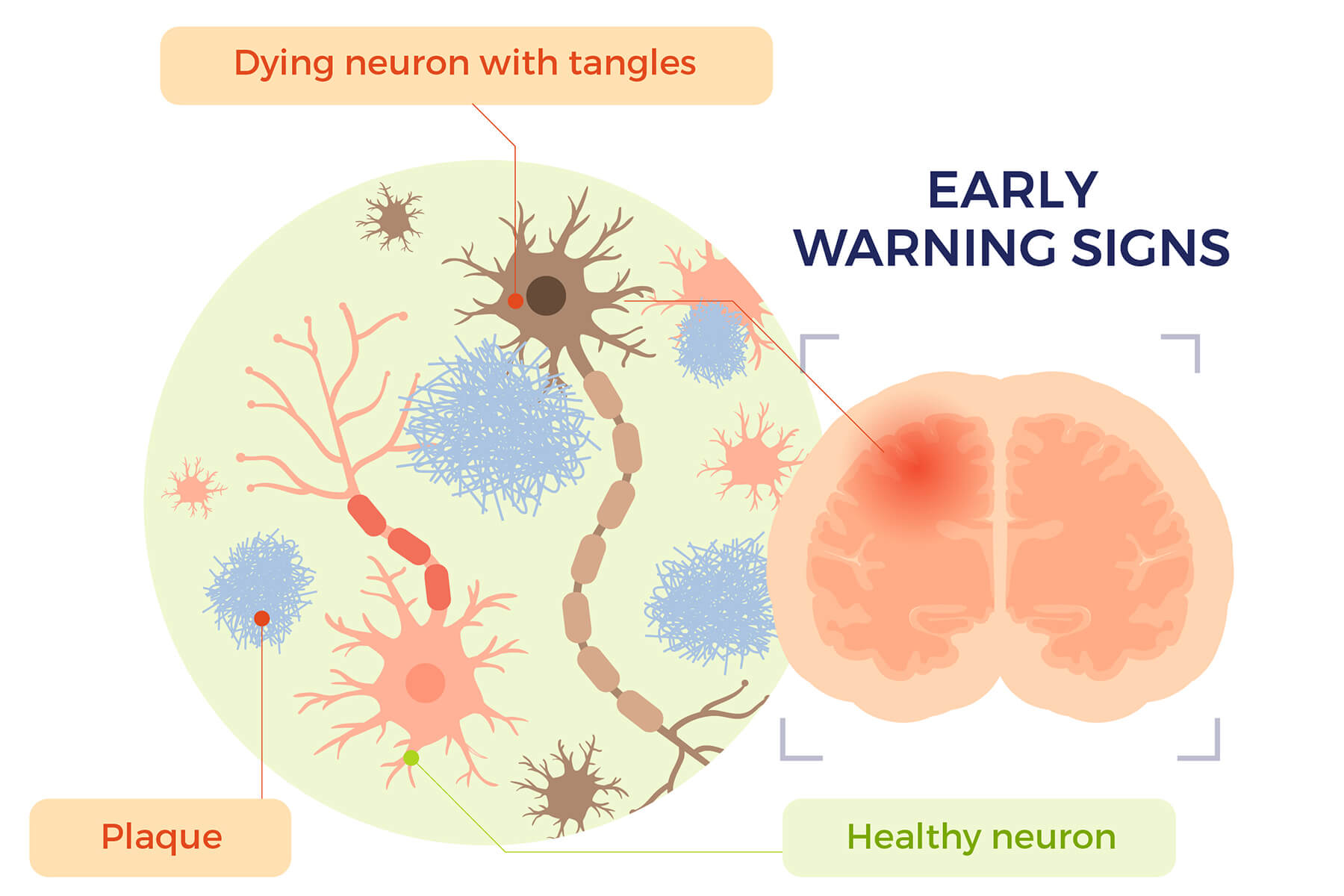
The Role of APOE in Alzheimer’s Disease
The APOE gene has an important role in transporting cholesterol and fats in your body and greatly influences your Alzheimer’s disease risk. There are three types of APOE alleles (gene variants) you can inherit from your parents: e2, e3, and e4. Each of these alleles affects your Alzheimer’s disease risk differently:
- APOE e2: This variant is relatively rare and is associated with a decreased risk of Alzheimer’s. It may even delay the onset of symptoms, offering some protective benefits against the disease.
- APOE e3: This is the most commonly found allele and is generally believed to have a neutral impact on the risk of developing Alzheimer’s disease.
- APOE e4: This allele significantly increases the risk of Alzheimer’s. People with one copy of APOE e4 may see their risk double or triple, while those with two copies (inherited from both parents) face a risk increase of 10–15 times compared to those without this allele.
Understanding Your Results
Your DNA test results will indicate which APOE alleles you carry. Everyone inherits two APOE variants, one from each parent. Here’s what your results mean:
| Genes | Variants | Description |
|---|---|---|
| APOE | e4/e4 | You have two copies of the APOE e4 allele, which significantly increases your risk of developing Alzheimer’s disease (10–15 times higher). |
| APOE | e3/e4 or e2/e4 | You have one copy of the APOE e4 allele, which increases your risk of developing Alzheimer’s disease (2–3 times higher). |
| APOE | e3/e3 | You have two copies of the common APOE e3 allele, which has a neutral effect on your risk of Alzheimer’s disease. |
| APOE | e2/e2 or e2/e3 | You have one or two copies of the APOE e2 allele, which may decrease your risk of developing Alzheimer’s disease. |
The APOE e4 allele is a strong genetic risk factor for late-onset Alzheimer’s disease, which accounts for the majority of Alzheimer’s cases. However, having the APOE e4 allele doesn’t mean you will definitely develop the disease. Other factors like age, lifestyle, and environmental conditions also contribute to your overall risk.
Frequently Asked Questions
Once your sample is received by our laboratory, processing usually takes 6-8 weeks. You will receive an email notification when your results are ready, and you can access your detailed report through a secure online portal.
We take data privacy seriously. Your results are confidential and only shared with you. We do not share your results with insurance companies, employers, or any other third parties.
Why DNA Tests Direct?
Accredited Excellence
Your Privacy, Protected
Expert Support
Related Test Kits
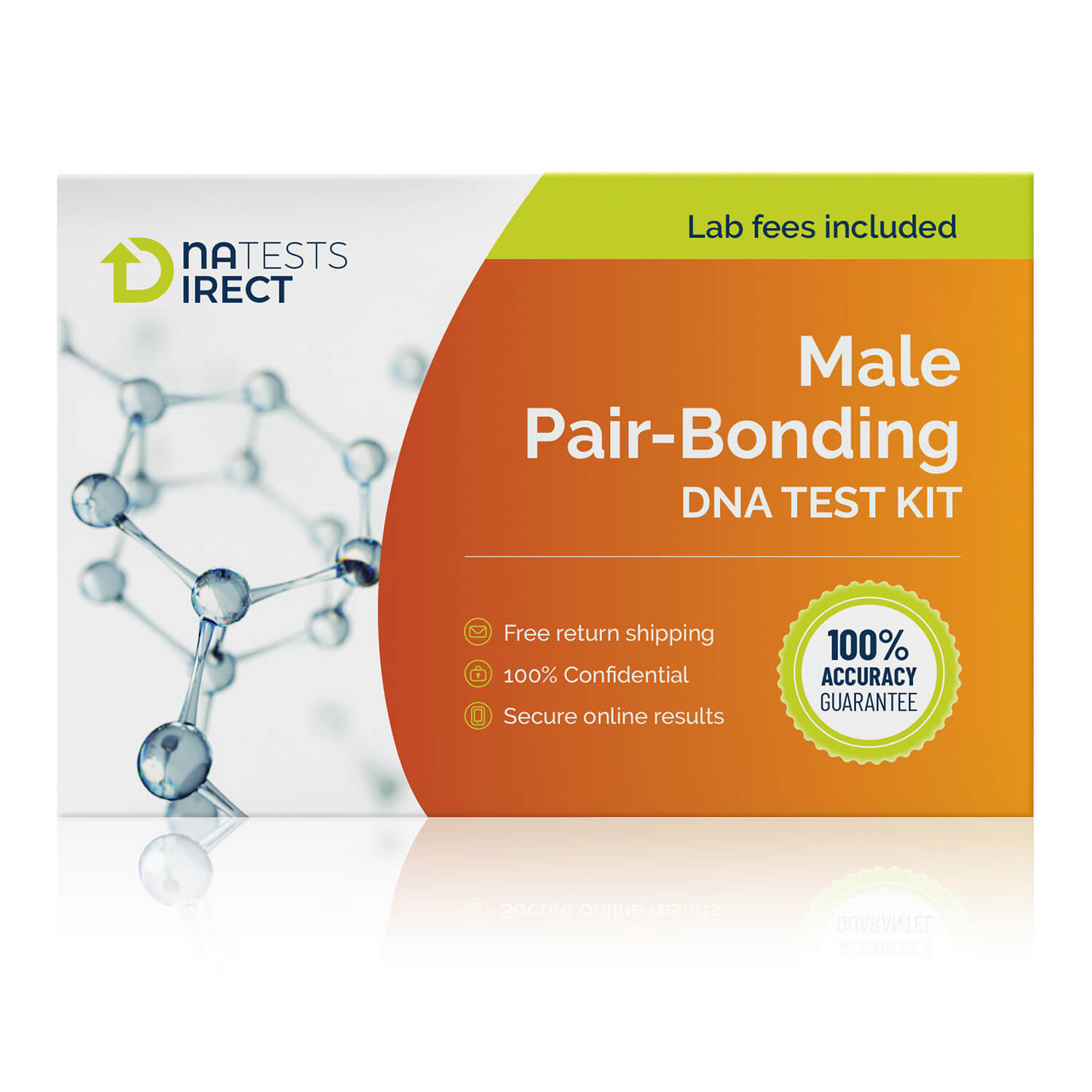
$149
Is it your genes that prevent you from making that long-term commitment to your partner? Find out if your fear of commitment is due to your genes.
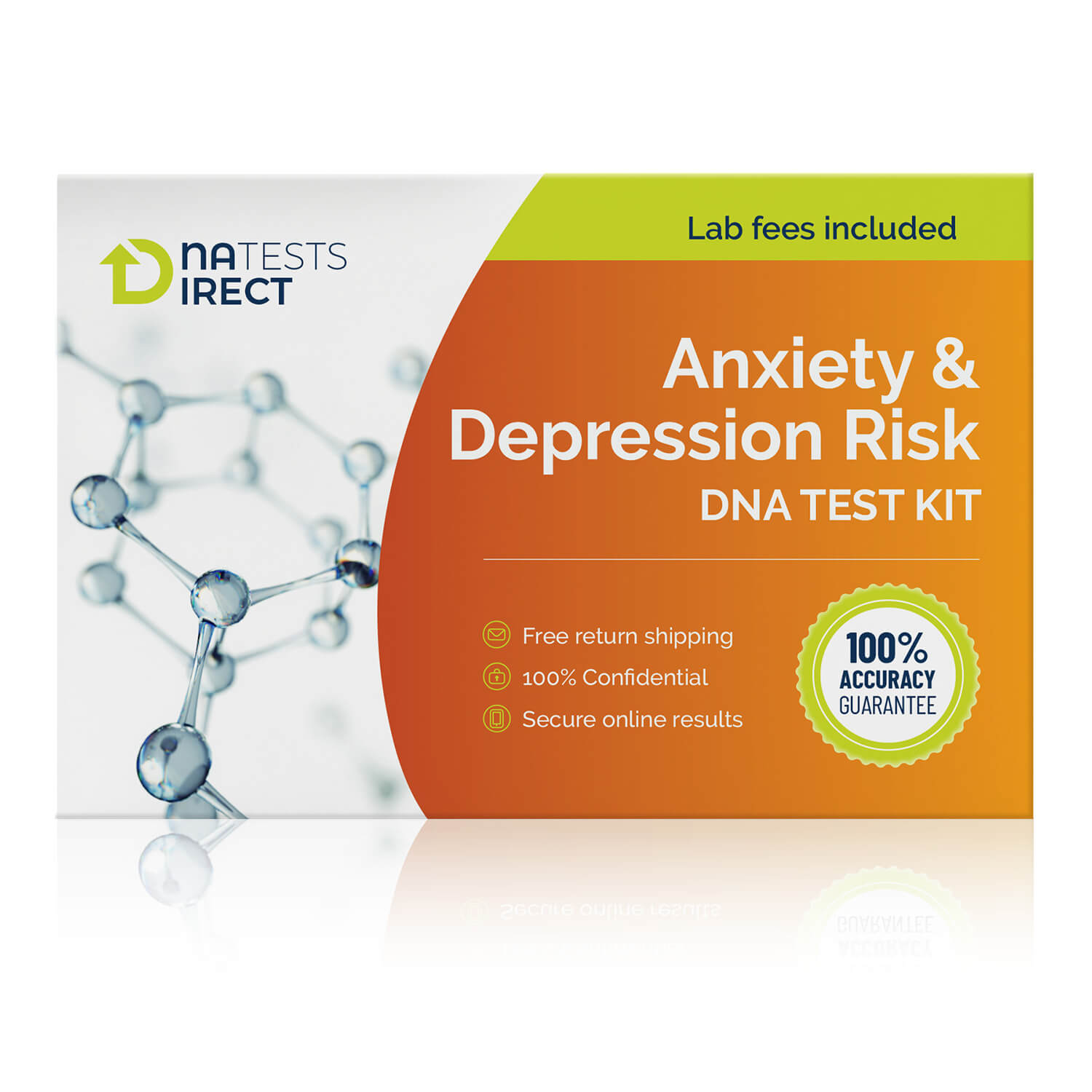
$149
Do your genes play a role in how you feel? This test reveals how your DNA might affect your mood, stress levels, and risk for anxiety and depression.
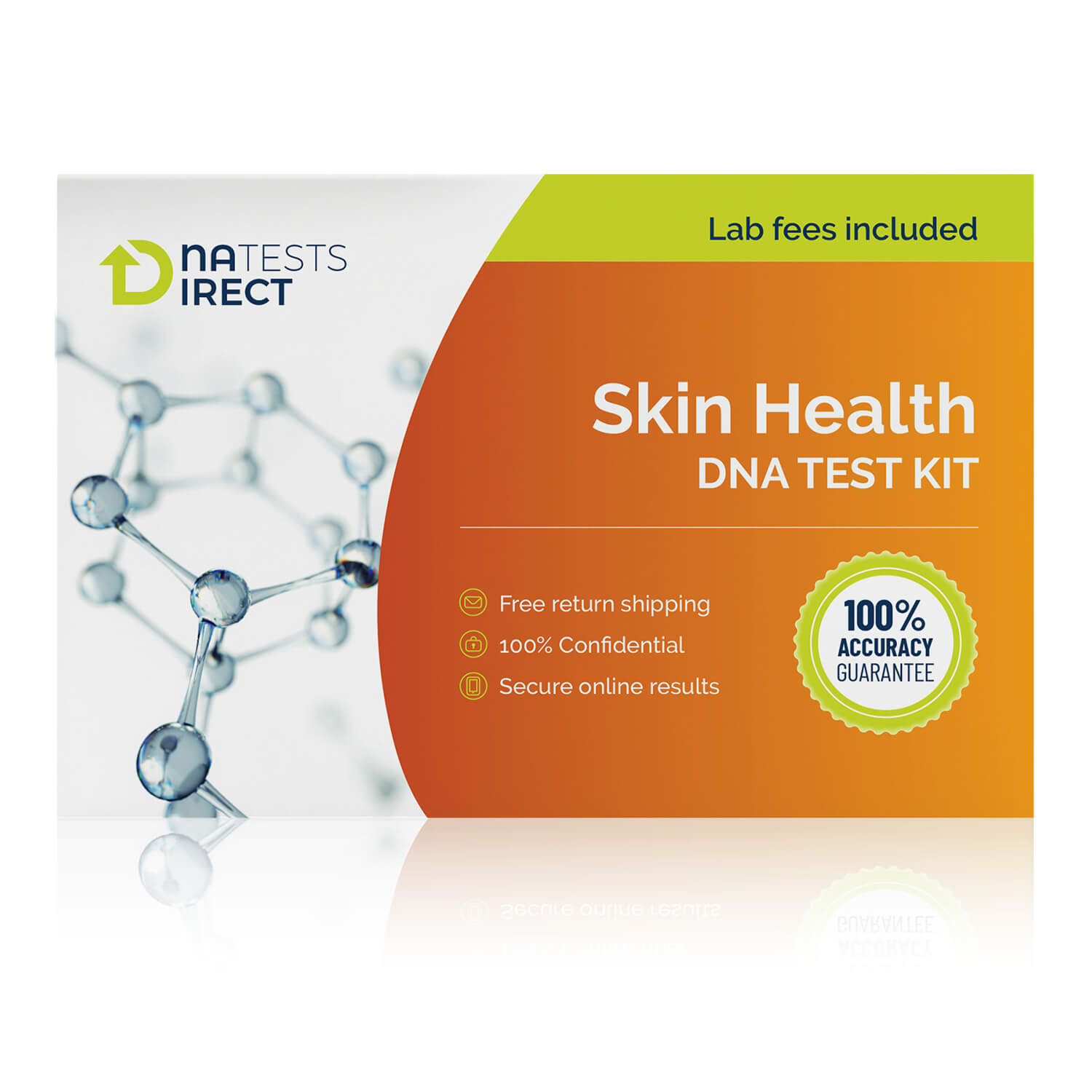
$249
Your skin’s appearance is influenced by your diet, the environment, and your genes. Take this test so you can personalize your skincare routine to your genetic makeup.
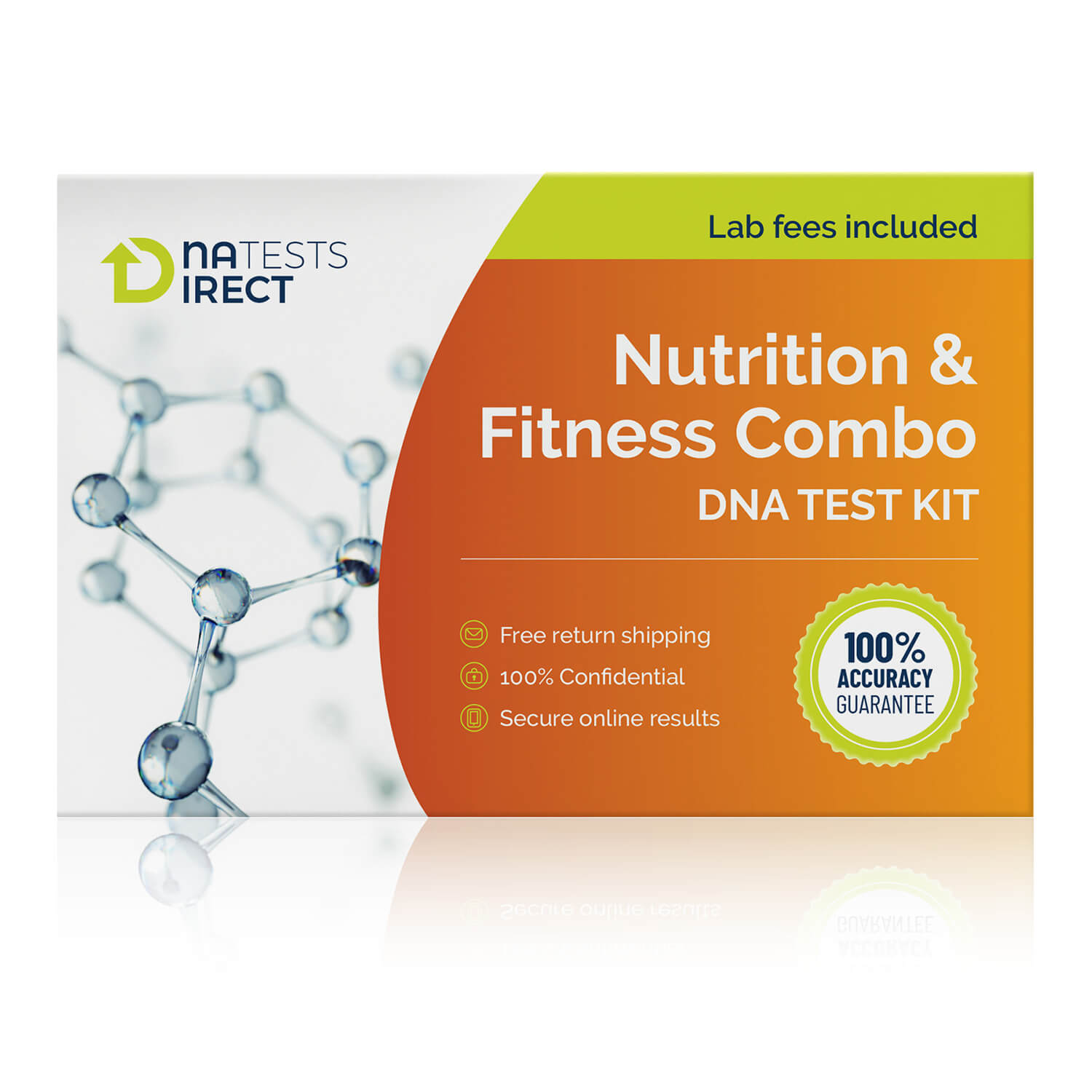
$498
Unlock your genetic potential for a healthier lifestyle with our comprehensive DNA Diet & Fitness 3 Test Combo. This bundle combines three powerful tests – Nutrition, Fitness, and Weight Loss – to provide a complete picture of how your unique DNA influences your overall health and wellness.
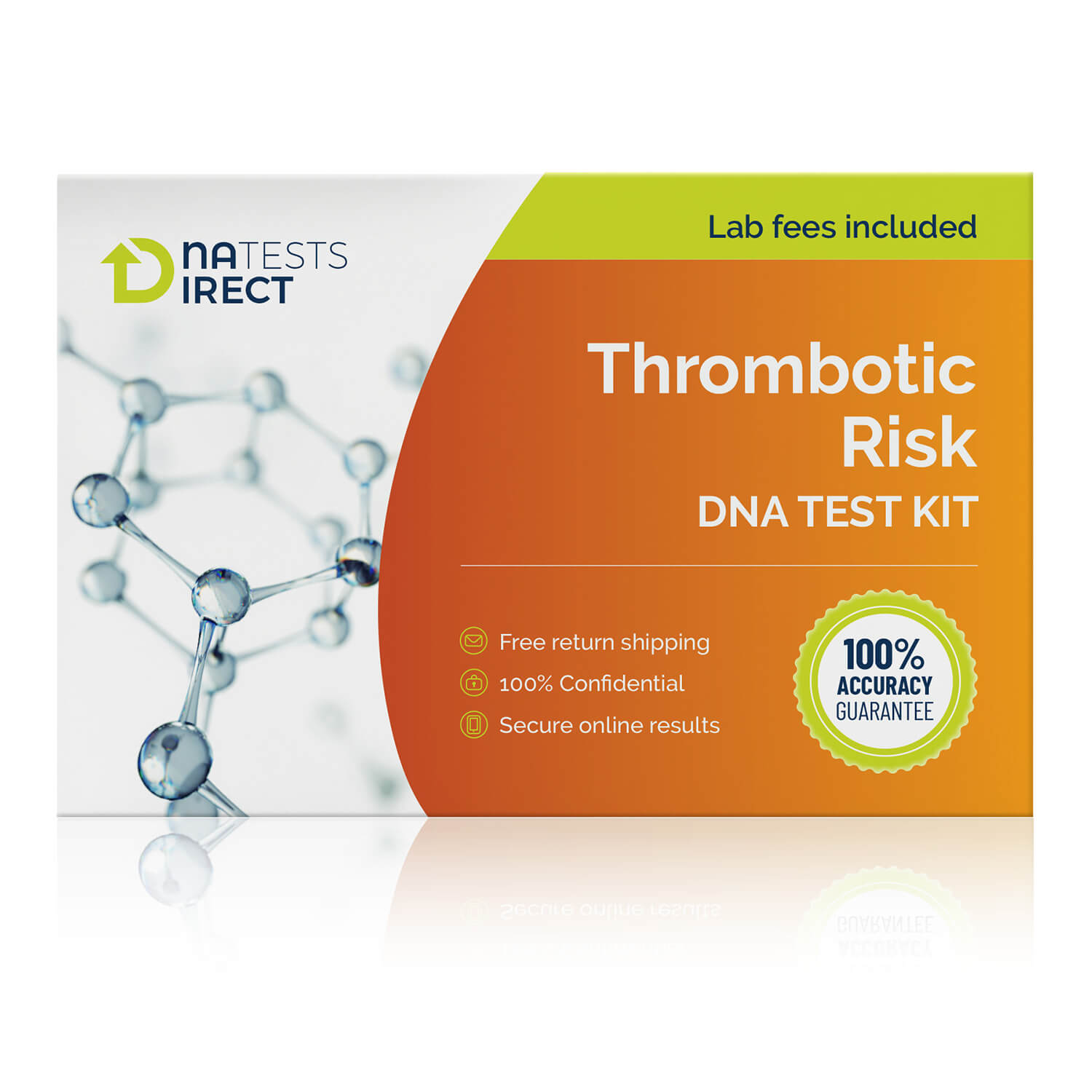
$195
Blood clots are painful and can be life-threatening. Do you carry genetic variants that increase the likelihood of developing blood clots?
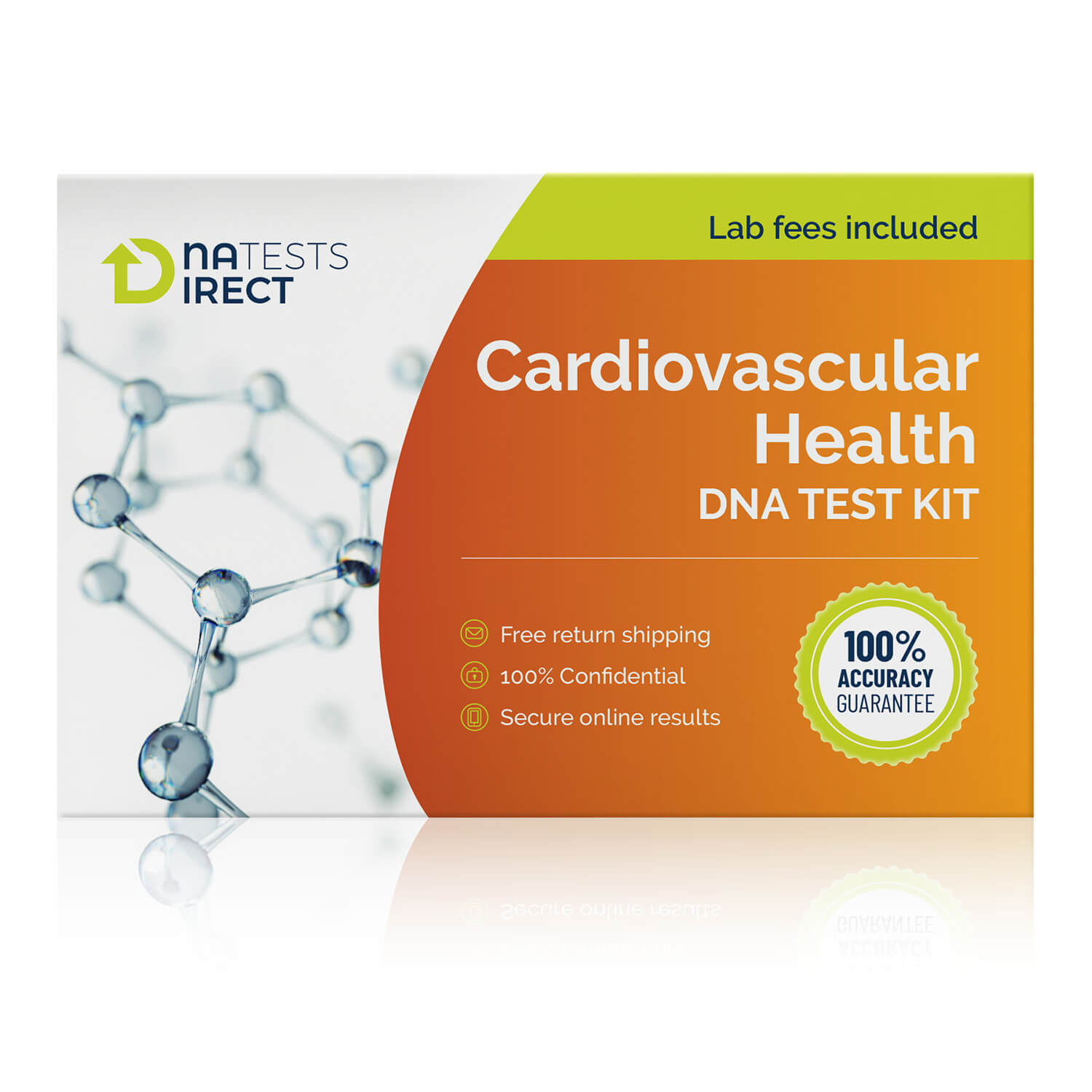
$349
Heart health is influenced by genetics because genes influence the levels of “good” cholesterol, “bad” cholesterol and triglycerides. Find out if you are at increased risk of poor heart health.
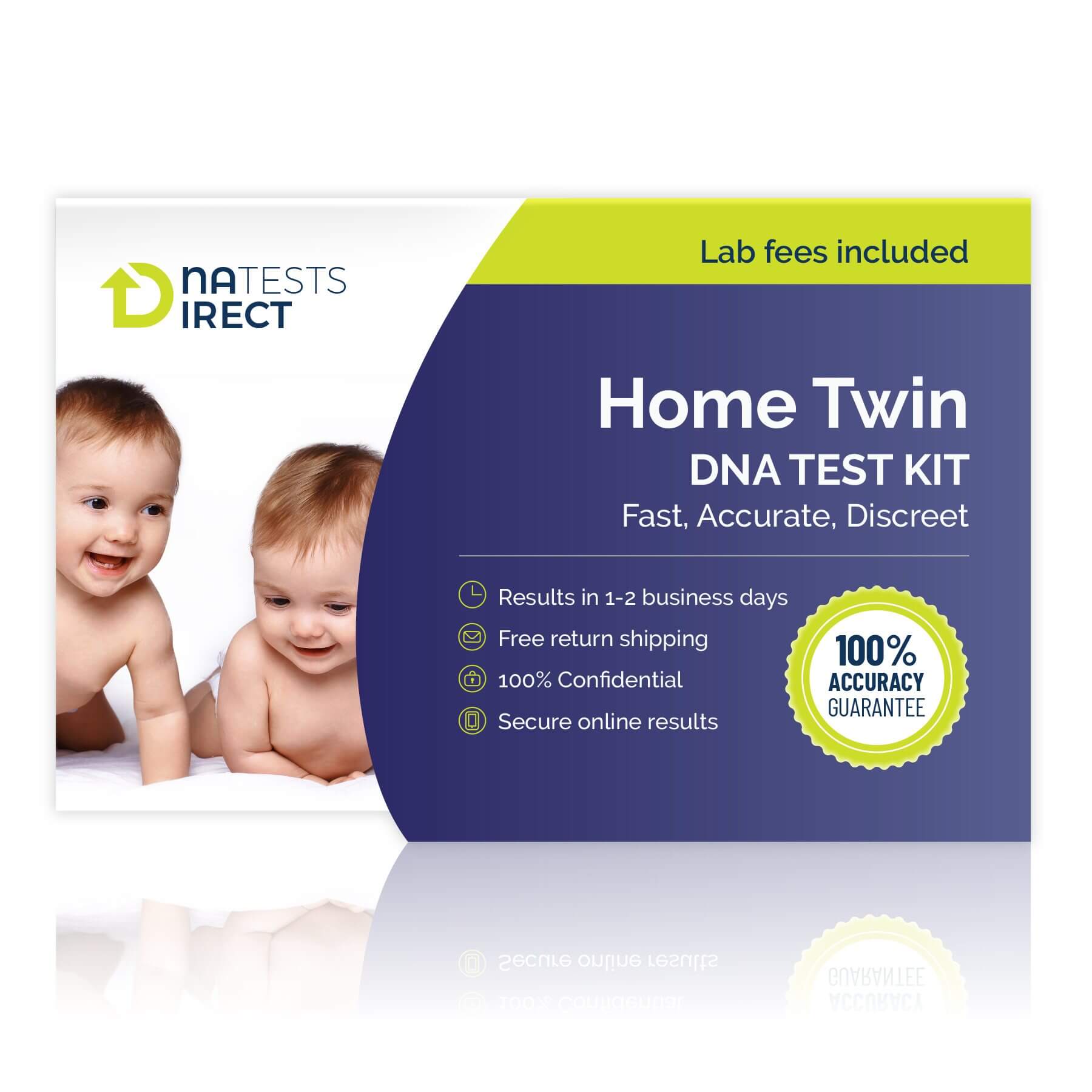
$149 $271
Conclusively determine whether a set of twins are identical or fraternal.

$149 $271
Find out the likelihood of a true biological relationship between a potential grandparent and grandchild.

